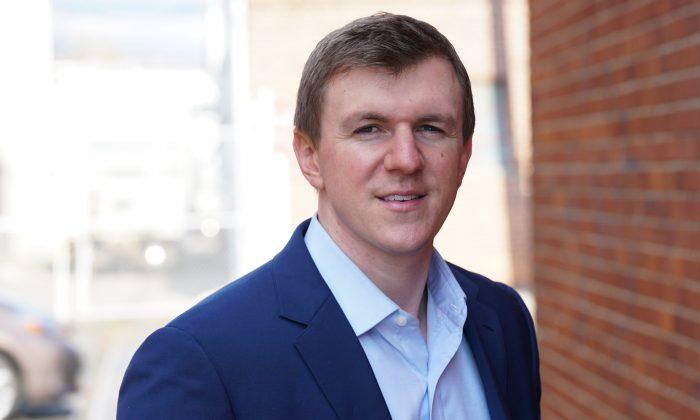In a world where independent voices that question authority are canceled and the media relays to people what it’s told to by those in power, there’s a need for a new type of journalist—muckrakers who will make public the information that the powerful want to keep hidden, according to James O’Keefe, founder of Project Veritas.
Exposing this kind of information requires the use of “disguise and undercover techniques” that raise ethical questions, O’Keefe said on EpochTV’s “Crossroads” program.






